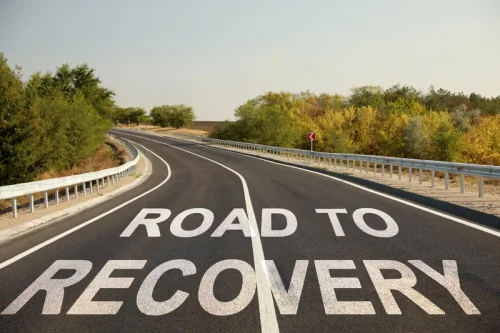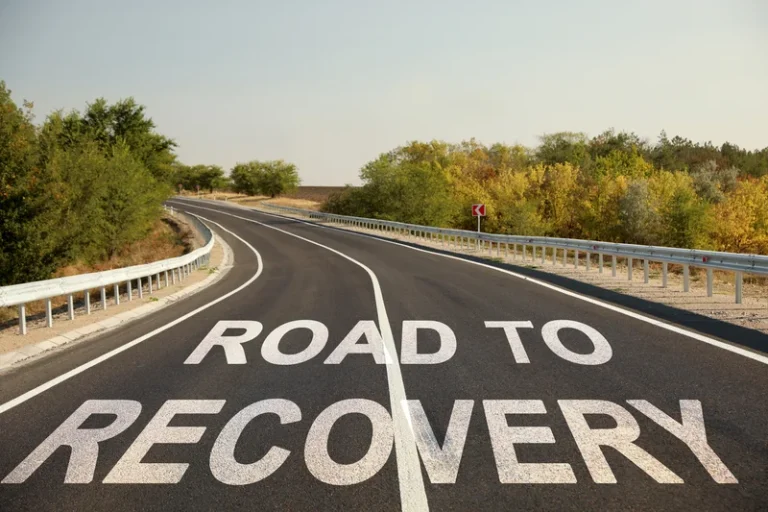
Alcoholic beverages can be problematic — even dangerous in some instances — if you’re taking antidepressants. “Whenever we prescribe antidepressants, we really advise against combining them with alcohol and other drugs like cannabis — regardless of the type of antidepressant,” Anand says. As with any study, there are some limitations to this new research. Biobank study are “a healthier group of people overall,” Fleetwood said, which means that the results may not be the exact same if the researchers surveyed the U.K.
Terms
We often use the terms ‘night owl’ and ‘early bird’ to describe our natural inclination to sleep and wake up. These are chronotypes and every person has a slightly different internal body clock. We offer the most up-to-date information from top experts, new research, and health agencies, but our content is not meant to be a substitute for professional guidance. When it comes to the medication you’re taking or any other health questions you have, always consult your healthcare provider directly. Fried foods and fast-food meals are often high in salt, saturated fats, refined sugars, and even trans fats, which can worsen anxiety and depression.
Why Is Alcohol A Depressant When It Makes Me Happy?
Treating both problems at once with a combination of medication and therapy has shown very positive results. This is especially true when treatment is flexible to the unique needs of the individual. I am experiencing sadness, low energy, difficulty sleeping, poor concentration, appetite changes, irritability or weight gain/loss. If you are concerned that you or someone you care about has a problem with alcohol there is a lot of help available. Here you can find useful links and phone numbers to get the support you need.
Other Ways Alcohol Can Affect Your Life

The study indicated that the depressed patients who drank low amounts of alcohol such as less than 1 oz per day ended up experiencing even worse outcomes from pharmacological treatments. There are important limitations to research on alcohol consumption. Still, this new research is among the best we have linking what is commonly considered moderate drinking to negative health consequences. If you experience depression and drink alcohol regularly, it’s recommended to start by cutting out alcohol first and then treating your depression. Sometimes, simply reducing or removing alcohol from your life can relieve depression symptoms and make you feel better. In some cases, people with depression cut out alcohol for just four weeks and noticed a clear difference in how they felt.
Increased depression
- Drinking is known to create various physical consequences – such as dehydration and nausea which can also keep a person from receiving peaceful sleep.
- As individuals consume alcohol more frequently, they develop a tolerance to its effects, leading to physical and psychological dependence.
- Drinking to cope with depression, no matter if you have an alcohol use disorder, is concerning.
- Anxiety occurs in addition to the typical health risks, which range from risky behaviors to weight gain, liver damage, and other physical effects.
- In the process, this pattern of alcohol use creates a cycle of addiction that is difficult to break.
Research also shows that children who are depressed are more likely to develop problems with alcohol abuse once they reach adolescence. If you or someone you know are struggling with depression symptoms, help is available. The supportive team at BestMind are here to guide you on your journey to well-being. Contact us to discuss depression treatment options and one of our helpful staff members will get in touch. Alternatively, fill in our depression self-assessment test and we will reach out to book a consultation with you.
Here’s how alcohol use and depression fuel a self-destructive, self-perpetuating cycle. Depression is different to anxiety (a feeling of worry or fear about what might happen, inability to concentrate and – for some people – panic attacks). But depression and anxiety sometimes go together – feeling anxious and worrying constantly can make you feel low. In the context of what we are exploring here, it’s when heroin addiction a person drinks alcohol with the goal of medicating their feelings.
“Depression and alcohol misuse are often tied because we take a depressant to counter a chemical depression which only makes it worse.” It can get worse over time, especially when combined with regular or heavy alcohol use. These blues usually don’t linger, though, so you’ll probably feel better in a day or so. If you begin to notice any unwanted side effects — physical or emotional — while drinking, it may be best to call it a night. Responsible drinking doesn’t just refer to staying off the road. By following safe drinking guidelines, you can help reduce your risk for depression as well as other hangover symptoms.


People who frequently drink are more likely to experience episodes of depression, and they may drink more in an attempt to feel better. Previous trauma is also a risk factor for alcohol misuse and depression. Children who have major depression as a child may drink earlier in life, according to one study. Major depression and alcohol use disorder are also co-dependent in women, research suggests. Women with depression are also more likely to engage in binge does alcohol make depression worse drinking.
